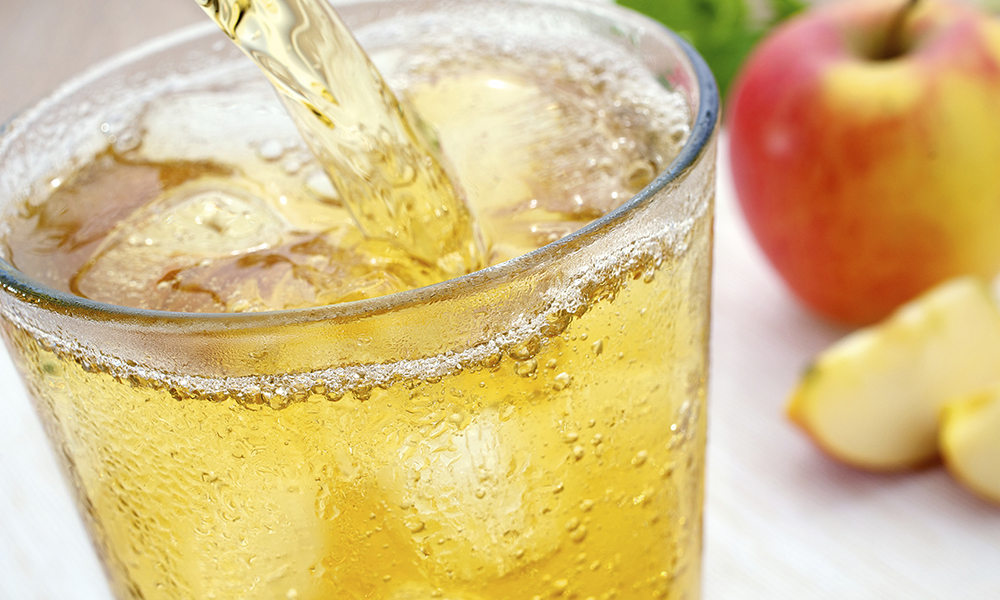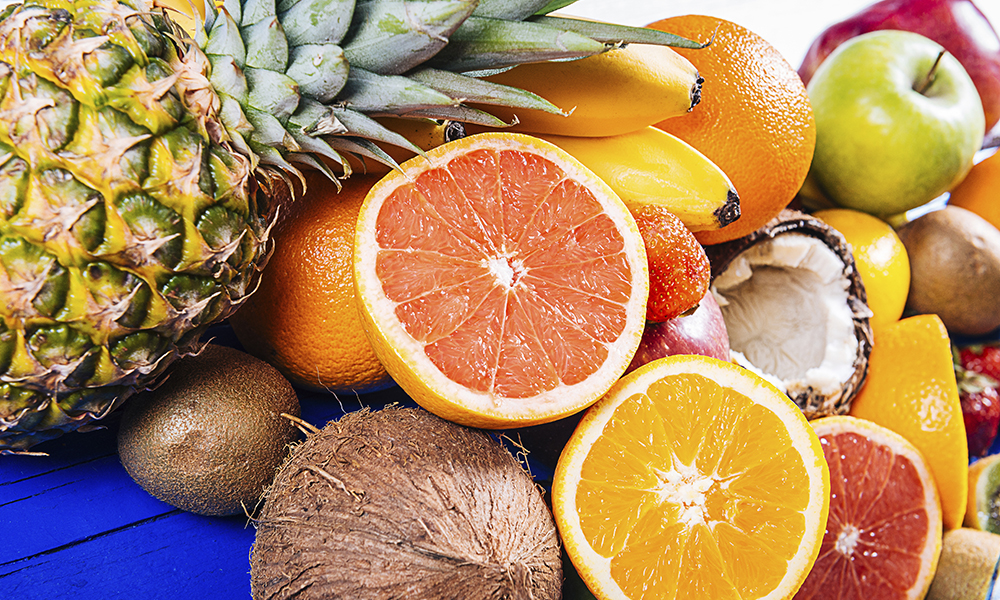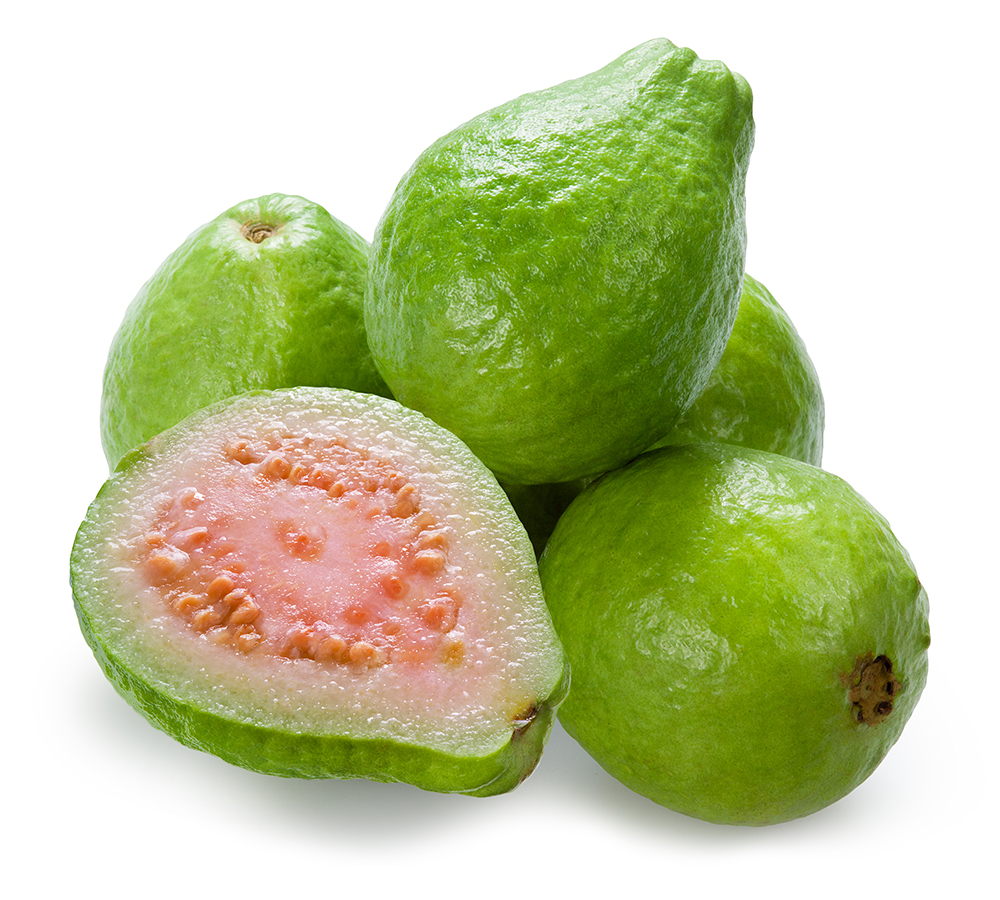x
Minerals, Naturally

Endurance athletes, athletes in training and active consumers all understand that performance and recovery benefit from beverages with electrolytes. Many athletes believe that a healthy electrolyte balance is the key to avoiding cramping during and following competition. One of the few fruit juices with natural minerals, coconut water offers a natural alternative to beverages that add mineral salts to sugar, high-fructose corn syrup, artificial or natural sweeteners. Traditional sports beverages have little or no fruit juice content. While coconut water not only makes an isotonic and natural beverage, it also incorporates a natural, healthy juice instead of added sugars or sweeteners.
x
Carbonated Coconut

The minerals in coconut water pair well with carbonated water just as they do in carbonated mineral waters. So in the case of carbonated fruit juices, the addition of coconut water brings an added mineral dimension that is pleasing and effervescent. Being natural and from a fruit, the coconut water contributes to the juice content as well.
x
100% Juice, Less Total Sugars

Replace high sugar fruit juice concentrates with low sugar coconut water juice. Coconut water is extracted at 3.7 °brix to 4.2 °brix, lower than any other fruit juice, while imparting little flavor or color to interfere with the taste and color of the primary juice. Combining coconut water with high-brix juices (like grape and pomegranate) can cut carbs and calories by up to 50% without abandoning the ‘100% Juice’ claim.
x
Coconut Creameries

Pressed from the white meat portion of the coconut, diluted coconut cream is commonly used as a non-dairy coffee creamer. But, when combined with other fruit juices, it imparts an indulgent creaminess at levels as low as 1% to 2% fat content. Commonly used to provide superior mouthfeel and creaminess to premium ice creams, coconut cream is an ideal addition for indulgent premium fruit beverages.
x
Take a Trip to the Tropics!

Tropical fruits bring exotic appeal that resonates with consumers who want something different. Açaí and acerola, guava, mango and passionfruit are all high impact tropical fruits that can be supplemented effectively with both coconut water and coconut cream without loss of taste. Coconut actually reinforces the tropical connection with consumers.
x
Not-From-Concentrate

Originally made for orange juice, the not-from-concentrate claim is used to set apart ingredients that are processed less, having not been concentrated. For coconut water, this quality claim doesn’t apply. On the contrary, the brix for single strength is so low that most brands add sugars, declared or not declared. 1% fruit sugars added increases the sugars with 20-30% depending on the starting brix. The benefit of using coconut water concentrate is that one can develop a juice product to its desired brix level and still decide to add sugars or not to add fruit sugars. For more information, read about our prototypes here or read our whitepapers on the added sugars in coconut brands here.
x
The Organic Concept

Many of today’s consumers seek organic-certified products to ensure that their food is not grown with the use of synthetic fertilizers, pesticides or GMO’s, and without added synthetic ingredients. Organic coconut water is available that fills this need as well.
x
The “Health Halo”

Many consumers just know what they want, healthy beverages with natural ingredients. More and more, healthy consumers understand that medicine and supplements are no substitute for eating natural and healthy food. Coconut water is a welcome ingredient on any nutrition facts panel and needs no explanation. Consumers just get it -- it is fruit, juiced.
